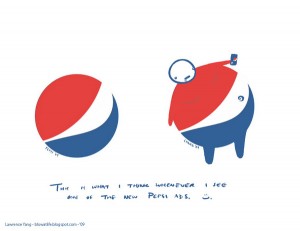I had never heard of OMP (osteoblast milk product or protein) until this morning when a reporter from the Associated Press in Beijing sent me an e-mail about it. A milk company in China, it seems, is adding OMP to its milk and the Chinese food safety agency is investigating. The companies say OMP is safe and FDA-approved.
It didn’t take long to find out what this is about. Japanese investigators isolated a protein, kininogen, from milk and demonstrated in laboratory experiments that it promotes bone growth. These and other experiments in rats and people also show that it stimulates bone formation (I haven’t read them so I can’t comment on their quality).
FDA approved? Not exactly. In response to a petition from a company called Snow Foods, the FDA agreed that the use of milk proteins as additives to dairy foods is GRAS (generally recognized as safe) for human consumption. But its “approval” letter assumes that the proteins are mainly lactoferrin and lactoperoxidase, which are pretty well known to be safe. The FDA’s letter says nothing about the use of kininogen as a bone-promoting agent.
I can see why the Chinese government is concerned. It is one thing to demonstrate the effects of a protein in experiments, and quite another to add that protein to a food likely to be consumed by children. The protein is already in milk and there is no evidence that adding more of it will make any difference to bone growth. Without further studies to make sure that adding this protein does no harm, putting it into milk seems like a bad idea.
This seems like more about marketing than health, and it sounds like it is part of the huge current effort to sell more milk to the Chinese people. I am bewildered by the pressure on the Chinese population to drink more milk and eat more milk products. Aren’t most Chinese sensitive to undigested lactose? None of this makes any sense to me. Milk is not an essential nutrient or food and the Chinese have done fine for millennia without it.
I will be watching the unfolding of this story with much interest. Stay tuned.



